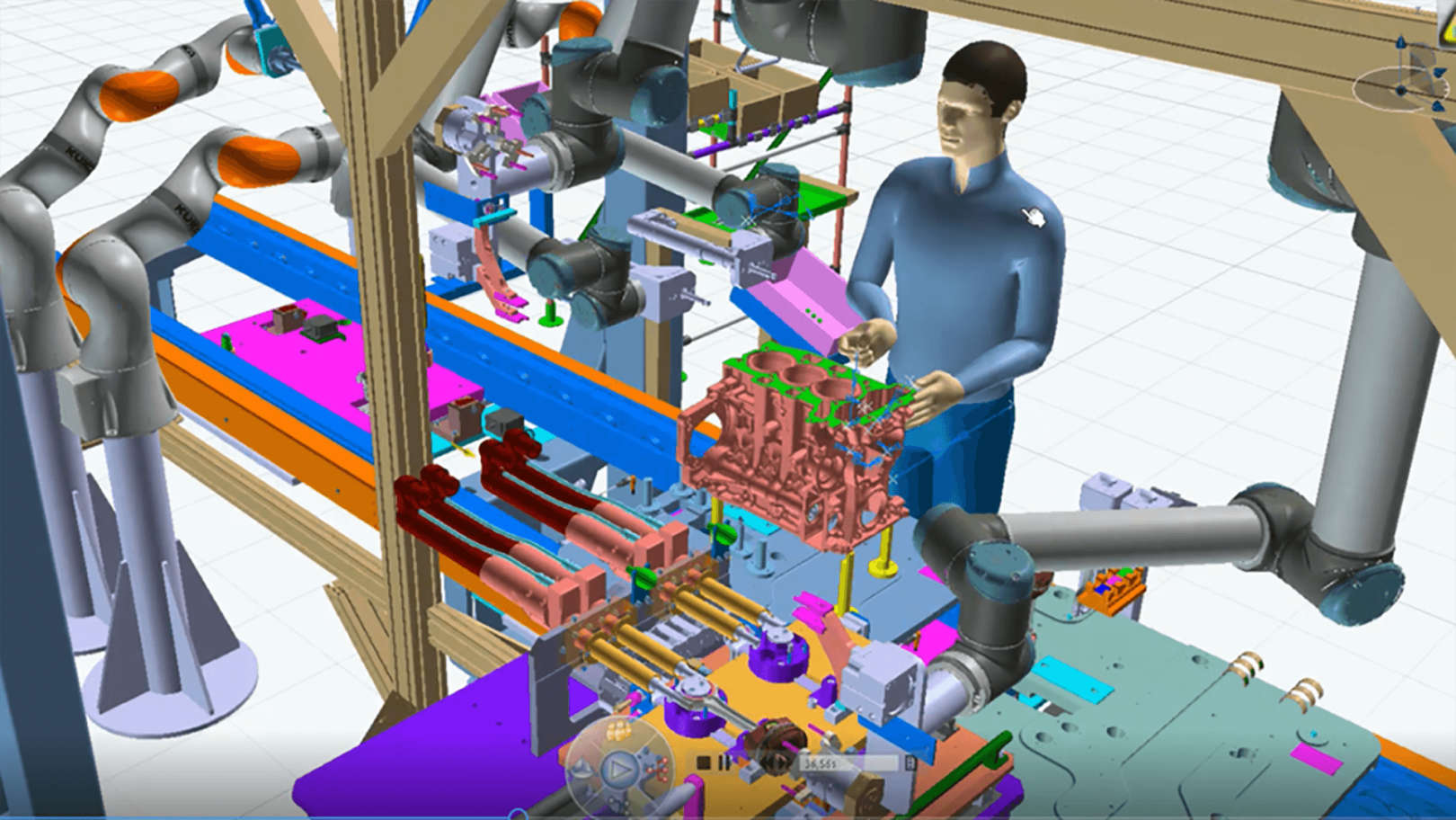About
Has an MSc degree in Informatics Engineering obtained at the Porto School of Engineering (ISEP). Since 2014 he is a Researcher at INESC TEC's Centre for Enterprise Systems Engineering (CESE) participating in multiple R&D initiatives of European and Portuguese nature in the fields of Cyber-Physical Systems and Vertical Integration.




